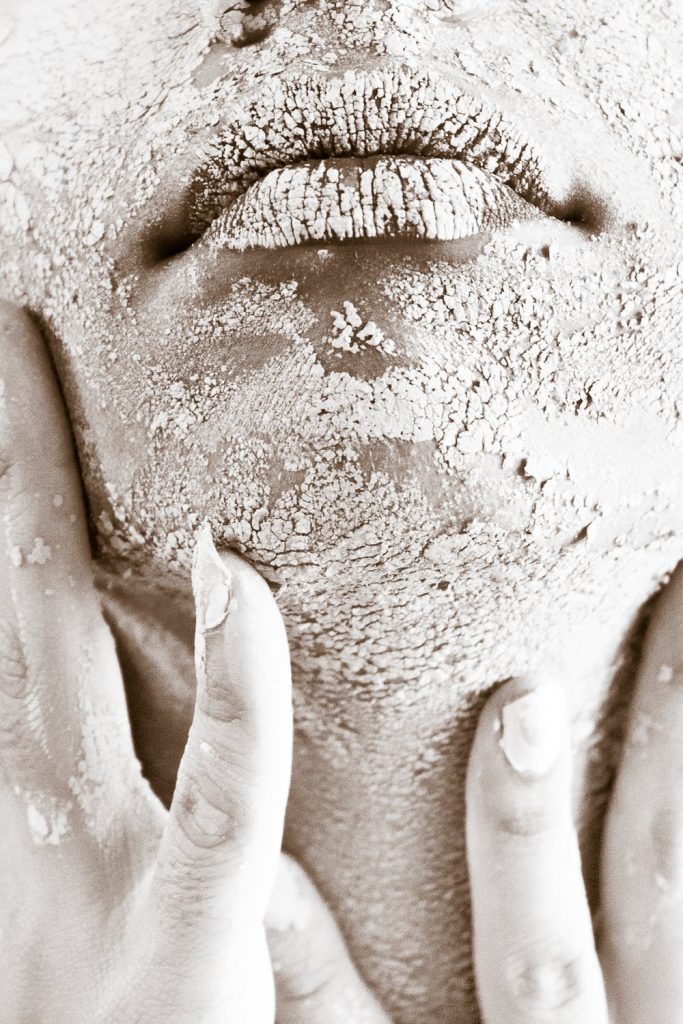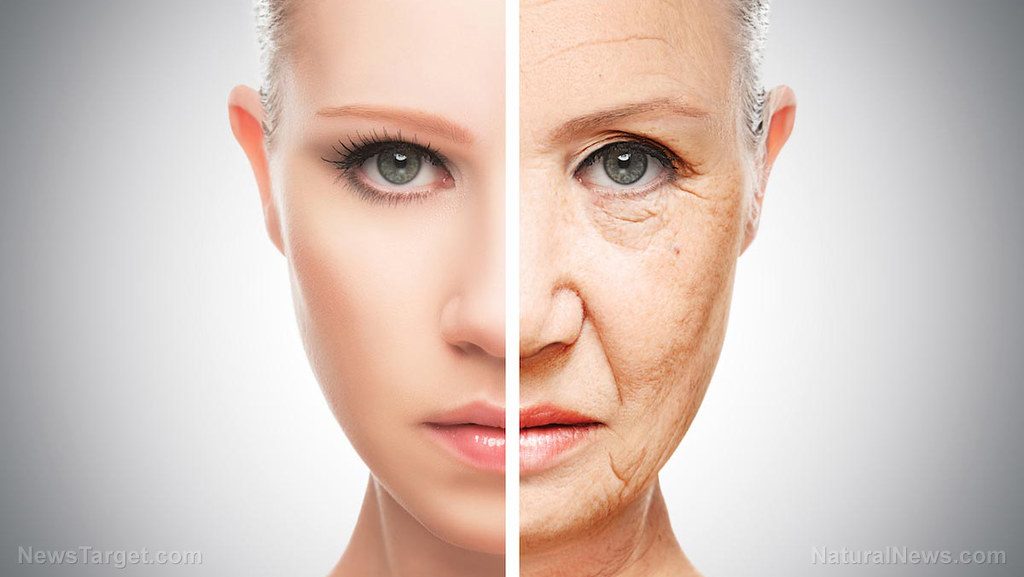Chemical peels
In this article, we answer all of your questions about chemical peels and give you all the information you need to know before having one.
A chemical peel is a technique used to improve the appearance of the skin on the skin on the face, neck or hands. A chemical solution is applied to the skin that causes it to exfoliate and eventually peel off. The new, regenerated skin is usually smoother and less wrinkled than the old skin.

When should I Have A Chemical Peel?
Chemical peels are used to treat a number of conditions including:
Aging skin
Crow’s feet
Melasma
Scars
Sagging skin
Wrinkles
Who is not appropriate for a chemical peel?
Generally light haired and fair skinned people are the best candidates for a chemical peel. The procedure does not work as well on dark skinned patients. The procedure is not recommended for people with infections, active skin disease, cut or broken skin, sunburns or herpes. Other people who are advised not to have a chemical peel are:
Nursing or pregnant
Have taken Accutane in the last six months
Have psoriasis, eczema, dermatitis or rosacea
If you have used retin-A, renova, prescription skin care products, products that contain ascorbic acid, bleached or skin-lightening agents or other acid based products in the last 48 hours.

Are chemical peels painful?
Chemical peels sting but do not cause a great deal of pain. The gentlest peeks use alpha-hydroxy, glycolic, lactic or fruit gentles which are also gentle. They may cause stinging, redness, irritation and crusting but as the skin begins to adjust, all of the side effects will lessen.
Trichloroacetic acids are used for stronger peelings. They remove wrinkles, superficial blemishes and pigment problems. Phenol is the strongest of all treatments and removes deep lines and wrinkles on the face. This specific type of chemical peel will sting more than those with gentler acids. After the treatment, there may be redness, swelling and irritation but the use of creams and gels will reduce these effects. Also the doctor may prescribe medicines that will help relieve the problems after the peel.
What are the complications or potential side effects of a chemical peel?
Temporary or permanent change in skin colour, particularly for women on birth control pills, who subsequently become pregnant or have a history of brownish facial discoloration.
Scarring
Reactivation of cold sores
How many chemical peels are needed?
A course of six glycolic peels is recommended for optimum results over a six to twelve week period.